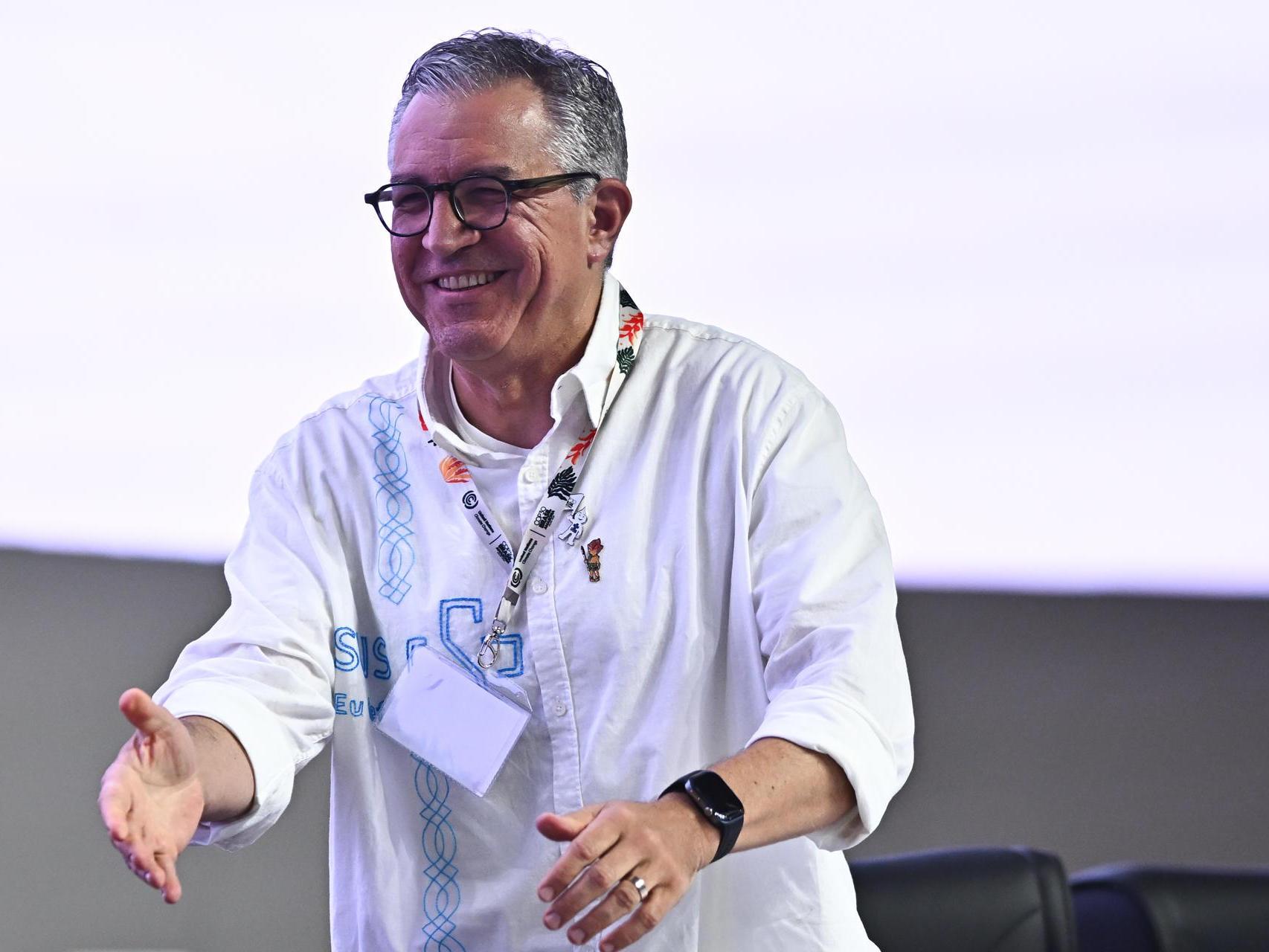
“We need real solutions. The climate crisis is putting pressure on health systems and impacting the most vulnerable families,” who are “already suffering the damage.” We are paying the price for global warming.”said Simon Stiel, Secretary-General of the United Nations Convention on Climate Change, in the plenary session of COP30 on the afternoon of November 13.
With these words, we will join hands with Brazil, the host country of the summit meeting. Belem Action Plan for Health. This is the first global climate adaptation initiative to focus solely on the health sector.
As reported by EFE, the proposal, which includes dozens of countries, organizations, businesses and civil society, includes concrete actions such as: Help strengthen health systems The climate emergency is already causing deaths, rising illnesses and overwhelming hospitals in many parts of the world.
One of the latest examples is the passage of Hurricane Melissa, which caused at least 45 deaths in Jamaica, 43 in Haiti, and 1 in the Dominican Republic, in addition to numerous property damage. “This is a reminder of why adaptation can save lives,” Pan American Health Organization (PAHO) President Gervase Barbosa said at the presentation.
When droughts are prolonged, fires occur frequently, Respiratory diseases. Rising temperatures accelerate the spread of dengue fever and increase extreme heat and heat-related mortality. Conditions related to air quality.
Area of activity
As Brazil’s Minister of Health Alexandre Pasilla explained, the plan is built on two principles: health promotion and equity, and governance with the participation of civil society.
In reality, the configuration would look like this: Three areas of activity: Climate-focused health surveillance and monitoring. Policy, Strategy and Training. and innovation, production and digital health.
For example, it is expected that Strengthen epidemiological surveillance capacity Or we can include new voices, such as Indigenous voices, in health decision-making. It also aims to strengthen manufacturing and supply chains for essential health products.
Prime Minister Barbosa therefore called on the Minister of Health to support the plan and incorporate it into national plans overseen by the World Health Organization (WHO).



